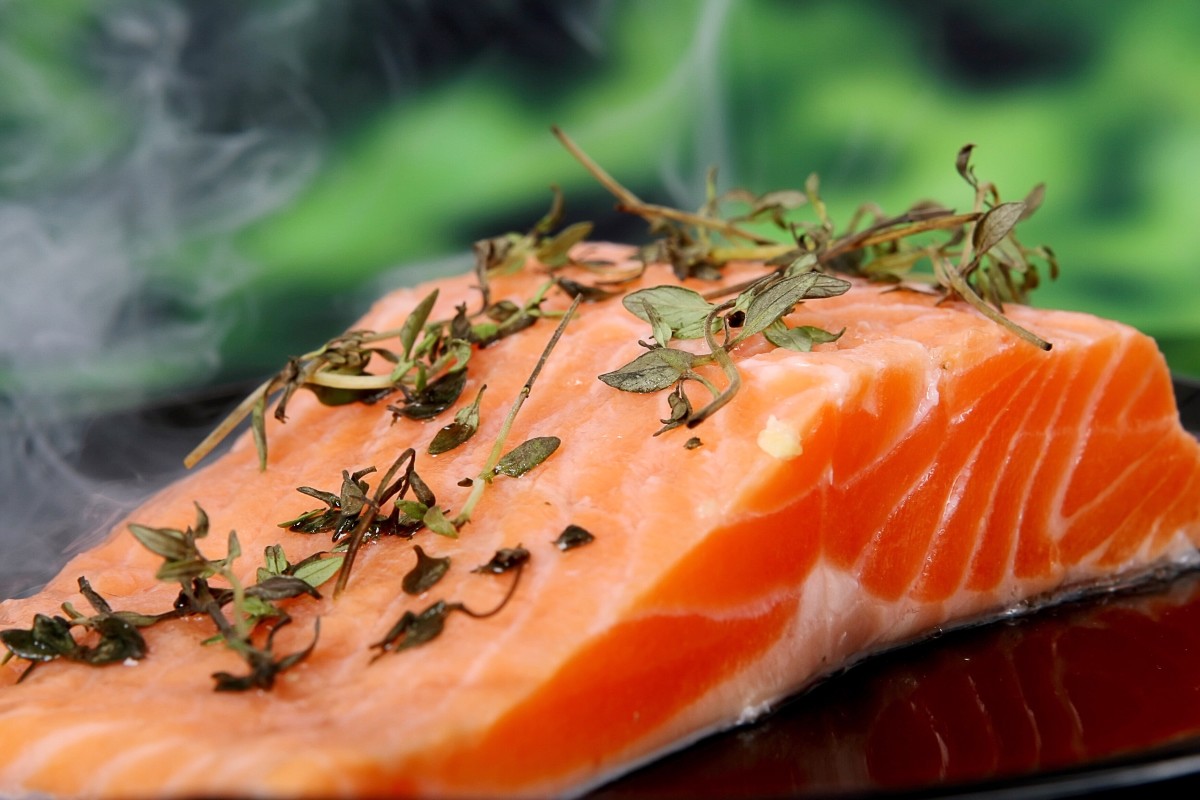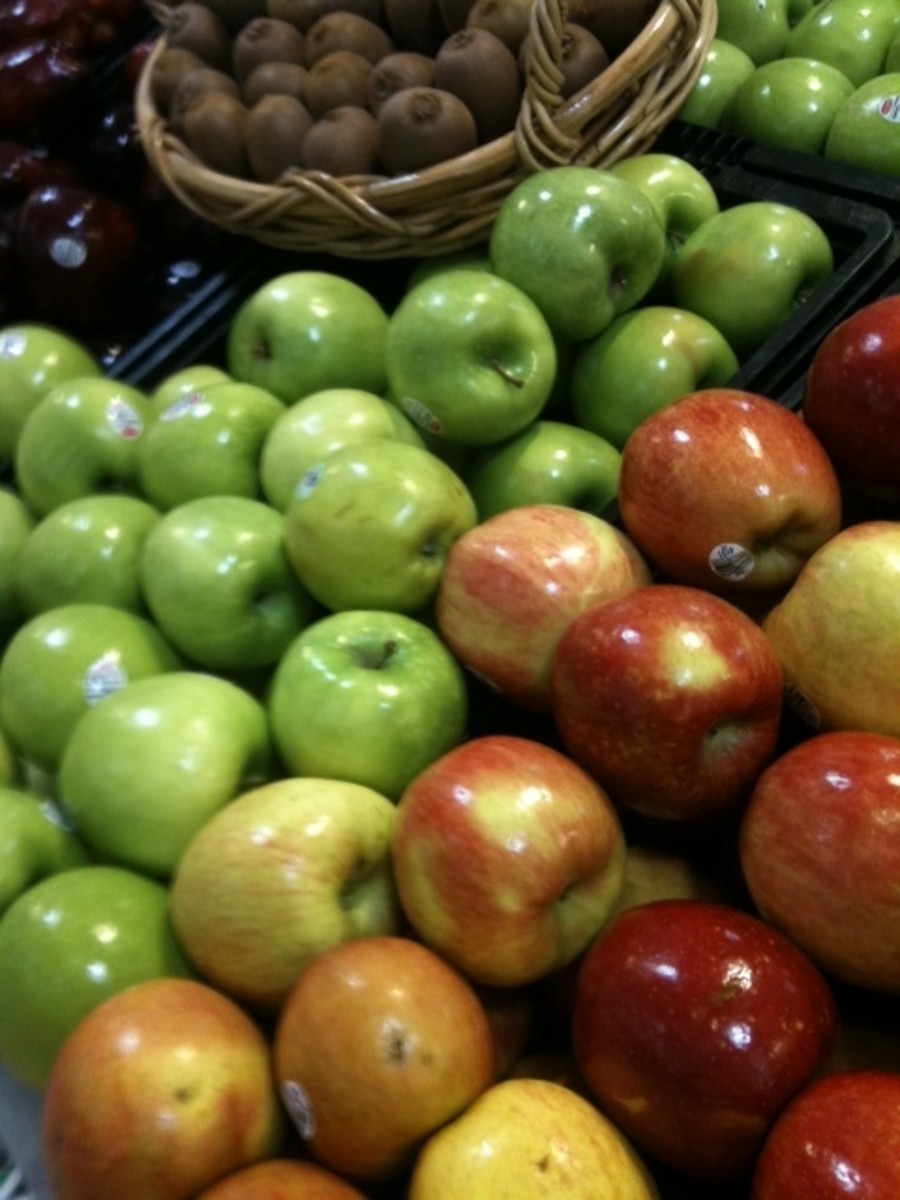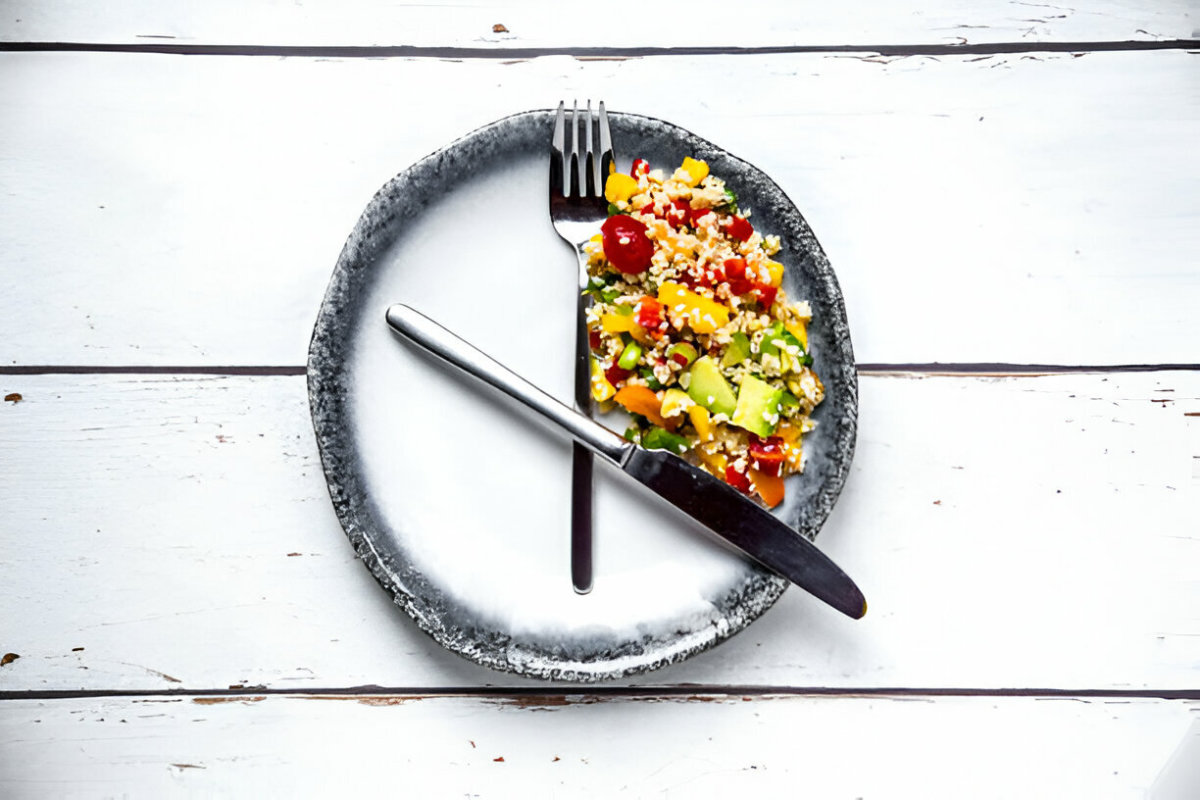The Best Food For Brain Function and the Best Supplements for Brain
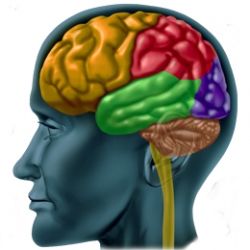
Food for the Health of Your Brain
Our brain needs specific food in order to function properly and to stay healthy. Find out what are the foods needed for an active, vibrant, and healthy brain.
The expression 'You are what you eat' is not new and most are aware of its truthfulness. The principle applies also to the brain and the food you eat. There is a direct relationship between the brain and the nutrients taken in from food. For better or for worse, what you eat can effect mood, focus, cognitive function, concentration and memory. Knowing what the best foods for brain's health are and what to avoid, can help you better care for your brain. To help you get started, here are some basics on what to feed your brain, why and what you should avoid or take in moderation.
The Memory Program

Top Ten Brain Foods - Top Brain Foods for Cerebral Health
Variety is the spice of life, and being sure to take in a spectrum of nutrients will ensure not only physical health, but mental health and function as well. There are certain types of food that contribute in a large way to how the brain functions. These and many of the highly recommended superfoods can go a long way to keeping you in great spirits and mentally healthy. A few examples of what to indulge in aid you in building a diet that will continue to promote brain health.
There are many foods that can improve your brain health and may not be easy to know all of them. As a general rule choosing fresh, colorful whole foods will ensure you receive the necessary nutrients to keep your brain running at optimal levels.
- Fish
Promoted in nearly all fields of nutrition and medicine for its many benefits, oily types of fish can be of great benefit to the brain. Fish such as salmon, mackerel, tuna and sardines provide essential fatty acids or EFAs. Omega-3s especially help with brain and nervous system functions and boost immune response.
- Sweet Potato
This under estimated food is actually nutritionally packed with vitamins, fiber and antioxidants. Sweet potatoes are a brain food in that they are a great memory booster. This is mainly due to its anti-inflammatory properties. When purchasing sweet potatoes at the store, choose ones that have the deepest color as these are the richest in nutrients.
- Coffee
Coffee is shown to drastically reduce the chances to develop Alzheimer. If you drink three to five cups per day you will reduce the chances to develop Alzheimer by 65%. That's pretty impressive.
- Pomegranate
Whether you prefer the fruit or the juice, this sweet and tart treat is a brain boosting food. The juice is more concentrated so you get more out of it, but either way is beneficial for the brain. Pomegranates are very high in antioxidants which protect against the damaging effects of free radicals.
- Tea
Fresh brewed tea, hot or cold is not only delicious, but promotes brain health and function. Teas can increase memory, improve mood and focus. These benefits are in part due to the high levels of antioxidants combined with small traces of caffeine.
- Apples
An apple a day keeps the doctor away. We heard this so many times, and here is another reason to keep on having an apple every day. Apples contain quercetin, which defends the brain cells from from the attack of free radicals. Free radicals can damage the the neurons and and with less neurons cognitive functions start to decline.
Most of the quercetin is found in the apple's skin, so make sure you don't peel them.
- Extra virgin Olive Oil
Cold pressed extra virgin olive oil is great source of oleocanthal. Oleocanthal is a compound which has been shown to be able to disable the ADDLs, (the neurotoxins responsible for Alzheimer). In other words, if you eat regularly good quality olive oil, you will be less likely to develop Alzheimer.
More about oleocanthal and ADDLs here.
- Spinach
Spinach is very rich in vitamins that prevent dementia, such as vitamin E, vitamin K, and folate. What makes it special is that these vitamins are highly bioavailable, hence a great absorption. If you have your spinach with a little oil the absorption will be even better; use cold pressed extra virgin olive oil for best results.
- Cinnamon
There are two hero compounds in cinnamon, cinnamaldehyde and proanthocyanidins which inhibit Alzheimer disease.
Use cinnamon whenever you have the chance, it's good.
- Chocolate
Chocolate is one of the best foods on the planet. If we consume it with moderation, and we don't eat it as a reason to get more sugar, it's a great way to protect our brain from memory loss related to age. The polyphenols in cocoa are great antioxidants, that will help the cleaning of brain of free radicals. The darker the chocolate, the healthier it is. And you only need about half an ounce per day. Chocolate is definitely my favorite food for brain protection.
SAM-e Complete - Mood Enhancer - Boost Dopamine and Serotonin Naturally
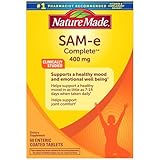
Supplements for the Brain
Memory enhancement supplements, anti-anxiety and mood boosting supplements are a good way to round out a balanced and brain healthy diet. There are many brain-boosting supplements that can be advantageous. Always consult a health care provider before adding one to your diet. The ones listed below have been proven to help increase brain function in specific ways.
- SAMe
This natural substance found in the body can be reproduced in a laboratory. When taken as a supplement is has been noted to decrease pain, lower stress and anxiety levels, reduce migraines and seizures and also help slow the effects of dementia.
- l-Theanine
An amino acid found in green tea, it has been used to help lower stress and blood pressure. Another benefit to l-Theanine is its ability to slow the effects of Alzheimer's disease.
- Rhodiola
A perennial plant that loves cold weather, the rhodiola is a MAO inhibitor. This means that it helps to stimulate positive signals from the brain to help balance positive and negative. Basically, this supplement boosts mood and can be very effective in the treatment of depression and in helping to resist stress and anxiety.
- Grape Seed Extract
While grape seed extract has many health benefits, this supplement boosts brain health and can even aid in the prevention of Alzheimer's.
What Foods to Avoid for a Healthy Brain
Certain foods are less of an aid to health and can actually have the reverse effect of the brain. Saturated fats from processed foods can blur focus, limit energy and clarity and are overall not that good for you. These should be avoided. Other foods that contain saturated fats may be from natural sources and provide a measure of benefit but need to be used in moderation. The USDA recommends a diet that is comprised of less than 7% saturated fat. Here are a few example of foods to keep to a minimum.
Trans Fats are also linked to brain damage, so cut them down as much as you can.
- Coconut Oil
Any hydrogenated oil should be used sparingly if at all. Natural coconut oil contains less saturated fat than processed, so if you are going to use it, the pure coconut oil is the one to reach for.
- Butter
A homey, flavorful favorite, butter contains a lot of saturated fat. It is arguably better than margarine, but use it in moderation to avoid the negative health effects. Ghee is a type of clarified butter that also contains saturated fats.
I know this one is hard to remove from your diet, but try to reduce the amount you eat. Your brain will thank you.
- Processed Meat
Sausage, pate and other such foods contain high levels of saturated fats and can inhibit efficient brain function.
Grape Seed Extract



